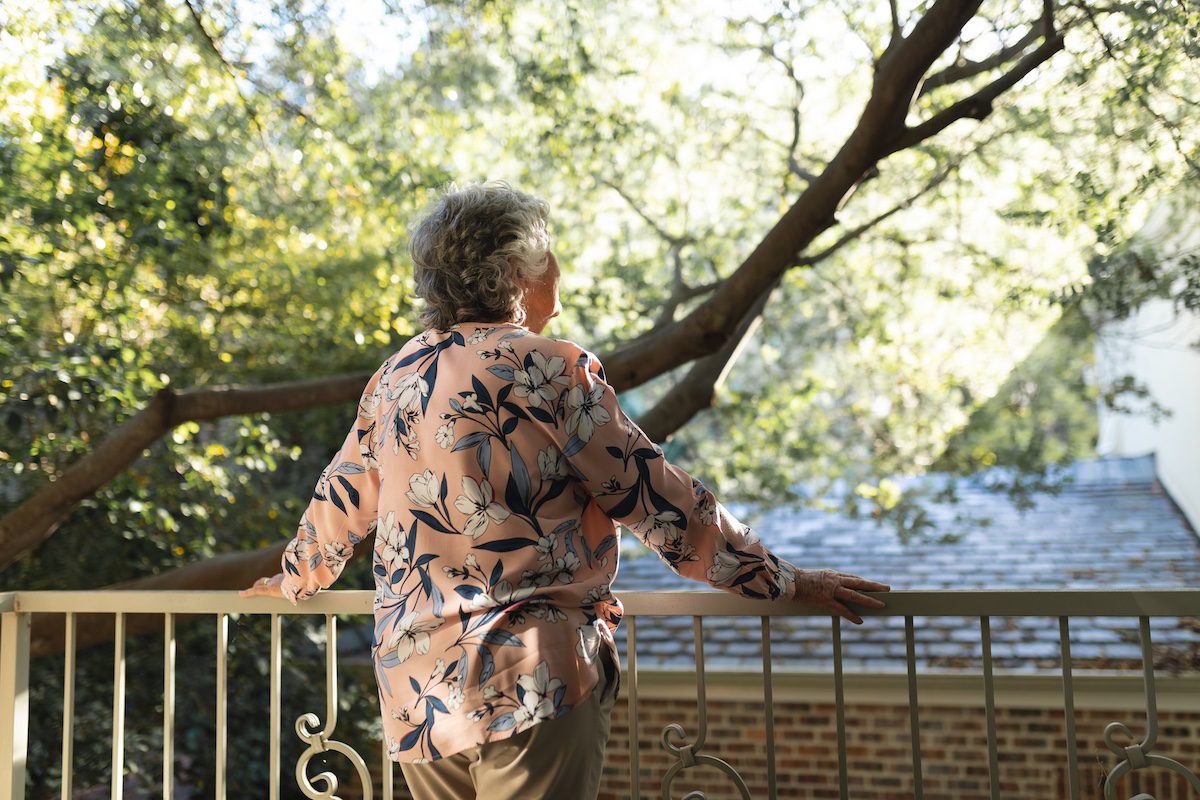Grieving the loss of a loved one is an incredible burden everyone bears at some point in their lives. Whether it was sudden and unexpected or a long, drawn-out battle with illness, the thought of life without your partner, parent, sibling or friend can be heart-wrenching.
There isn’t a way to take the pain out of the process, but speaking with a grief counselor may help you sort out feelings and move forward. You may have already turned down the idea of bereavement counseling, and that’s okay. Everyone grieves differently. If you are considering counseling, keep reading to see how it can help.
Why Should I See a Counselor?
If you are considering talking to a certified counselor, think about how you are dealing with your loved one’s loss. There are two types of grievers:
- Intuitive grievers feel their grief through emotions. They demonstrate their feelings and are more open to discussing the loss of a loved one.
- Instrumental grievers use information and action as a way to process loss. They think about grief rather than experiencing it emotionally, making it more challenging to discuss a loss with others.
While these two categories exist to help us better understand grieving patterns, most individuals don’t belong to one group exclusively. If you lean towards intuitive grief, you may find counseling more beneficial than an instrumental griever would.
Studies have shown that grief counseling can lead to more positive outcomes for those who participated versus those who didn’t. Positive results are especially evident for individuals suffering from complicated grief, which lingers or worsens over time.
Grief counseling sessions provide an outlet to do these three things:
- Talk and work through your feelings and emotions: Counselors are listeners at heart. They want to hear your every thought, and counseling sessions give you a safe place to talk.
- Assess your mental and physical well-being: Whenever you visit with a counselor, they can help you understand how grief affects your health.
- Try healthy coping methods suggested by your counselor: Counselors are trained to teach clients ways to address their grief daily. These methods are designed to help individuals work through their emotions in a healthy, non-destructive way.
The most significant thing to remember about grief is that it isn’t linear. It takes time to heal, and that amount of time is different for every person. Time is a vital contributor to overcoming grief.
Where Can I Go for Bereavement Counseling?
Accessibility to a grief counselor will depend on your situation, but there are several places you can look.
- Church or faith-based groups: Your church may have a certified counselor on staff that you already know.
- Local professional counseling services: If you have severe grief symptoms, you may want to seek a professional counseling service. Check with your healthcare insurance provider to see if your plan covers these services.
- Employee assistance programs (EAP): EAPs are becoming more common in the workplace. If you have an EAP, it most likely includes over-the-phone or, in some cases, in-person counseling services you can access at no charge.
- Your loved one’s hospice provider: Many hospice providers offer bereavement services to family members of the deceased several months after their passing.
Other Thoughts for Grieving
The most crucial thing to remember is that you need to grieve in a way that works best for you. Everyone is different, and we don’t mourn in the same ways. If you’re up for it, try to spend time with others. Close friends and family members can help you through the intense emotions you feel.
Take care of yourself. When we are in shock or depression, it’s easier to skip a meal, shower or few hours of rest that we would typically get. Tending to your physical well-being is essential to get through this difficult time.
For more resources on grief, visit our blog for more information. If you have any questions our staff at Crown Hospice of Cape Girardeau or Crown Hospice of Poplar Bluff would be more than happy to answer them. Contact us today.


